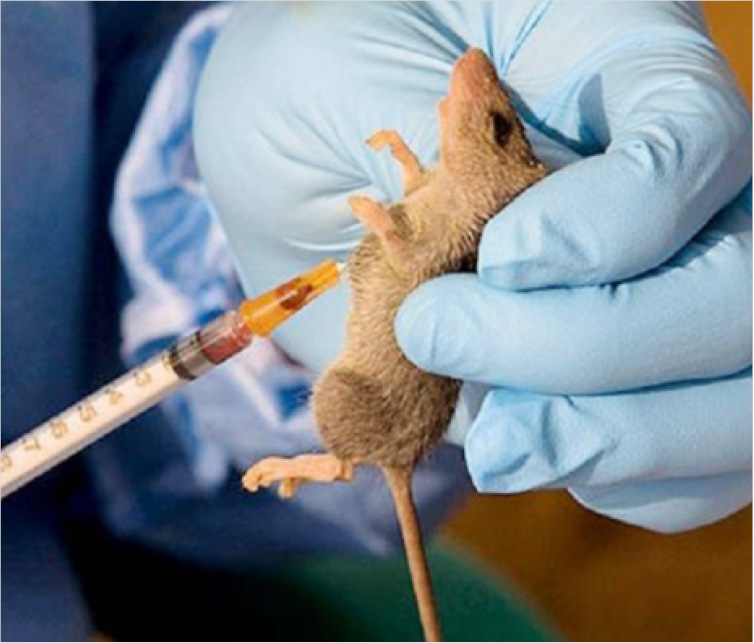Later, your wife reported that you had started speaking irrationally, calling out medical students in the middle of the night for not studying and saying things that made absolutely no sense. You were rushed to the emergency of Aminu Kano Teaching Hospital where further tests were carried out. They found fluid in your Lungs and the diagnosis was changed again to probable Pulmonary Tuberculosis. You were delirious and so did not notice the sombre atmosphere of the hospital. Dr Kulthum, your assistant surgeon had died. Pharyngitis, they said. The diagnosis seemed vague and everyone felt shocked, ashamed even, that a young girl would die of such an ailment. You were in your own little world, so far gone, that you did not hear of Dr Habeeb’s, (the anaesthetist) illness in the Intensive Care Unit. He had taken ill, after you, and was also on admission in the same hospital. No one told you when he began to bleed from his eyes, his mouth and his ears. No one notified you about the battle doctors waged to bring Habeeb back to life. And certainly, no one told you when he passed away in the early hours of Monday, the 20th of January, 2020. You slept, deeply sedated, finally at peace in your own little corner in the hospital.
The manner of Dr Habeeb’s death prompted investigations from the department of Infectious diseases. The bleeding worried them; and before long they had made the connection. The pregnant woman who was referred to you, was from Bauchi. She lived in Kano but had travelled home to take care of her sick mother who later died from a mysterious febrile illness. She had returned to Kano after the burial for her delivery. Her baby had died in utero and she (the patient) had passed away subsequently in the ICU. Dr Habeeb had contact with the patient. So had Dr Kulthum. So, had you.
The news spread like wildfire among the hospital community and your blood was immediately flown to Abuja for testing. Lassa Fever, they said. A type of Viral Haemorrhagic Fever rarely seen in Kano. You were commenced on Ribavirin immediately and transferred to the ‘Yar Gaya isolation centre, on the outskirts of town. There you would regain consciousness and enter into the abyss that is hell.
The first thing you noticed on awakening is the stench. It tickles your nostrils, this putrid smell of decomposed waste and despair in the stale night air. The second thing that hits you, was the biting cold. You look around and see that you are in a sort of isolation ward, alone. The windows are shut but the fierce harmattan wind has somehow found its way into the room and is making your teeth chatter. You cry for help, your voice hoarse, but nobody seems to hear you. Later, the nurse would come in fully covered in his PPE, to administer drugs and give you food. There were three patients in the isolation centre, he said. Each one of you in a different room. Nobody was allowed to visit and food would be provided by the nurses. With each sentence he uttered, you felt your heart sink lower and lower; however, the nightmare had just begun.
With each passing day, loneliness brought out her tentacles and wrapped herself around you threatening to choke the life out of you. There was no electricity in the isolation centre and so you passed the days staring at your phone or at the ceiling when your battery ran out. At night, they would switch on the generator till midnight; and then you were plunged into darkness. Sleep, which ordinarily should have brought you solace, became elusive as you would soon learn that insomnia was one of the many side effects of Ribavirin. You would lie in bed, writhing in pain as the drugs flowed into your veins and the darkness engulfed you. The nurses kept away from you; only coming into your room to give drugs or serve food. The food was bought by the roadside and tasted like sawdust during the first few days. You complained about the bad food and refused to eat at first. Later, when the hunger in your belly threatened to rob you of your senses; you devoured the food like a starved pig. The nurses laughed behind your back and said unkind words to you. Still, some were nice, but were careful to keep their distance- nobody wanted to be infected with Lassa Fever. You did not mind their unkind words, after all, they did nothing to you; it was their silence that offended you. Some of them would come in, drop the food, give medication, at lightening speed, without so much as a greeting. It was as if talking to you would make the Lassa virus pierce their mask PPE and infect them. Soon, you also learnt to ignore them.
They wanted to keep you for 21 days, until the incubation period was over. Gradually, the fever subsided and you grew stronger. The lonely days and nights spent staring into the darkness became more bearable. When the fever broke, you cried from relief and thanked the most High. You became hopeful that you would recover. Family and friends called you and the news spread again- this time good news- Dr Usman was getting better, he would survive. People called from all corners of the world to encourage you, pray for you and wish you well. You were humbled and your will to survive, previously broken, was renewed.
You were discharged on the 10th of February, 2020, a new man, hale and hearty. You strolled into sunlight, with a spring in your step and songs of praise in your heart. Your wife was beside herself with joy and your daughter refused to leave your side. Baba, was home. He had survived.

 Join Daily Trust WhatsApp Community For Quick Access To News and Happenings Around You.
Join Daily Trust WhatsApp Community For Quick Access To News and Happenings Around You.


